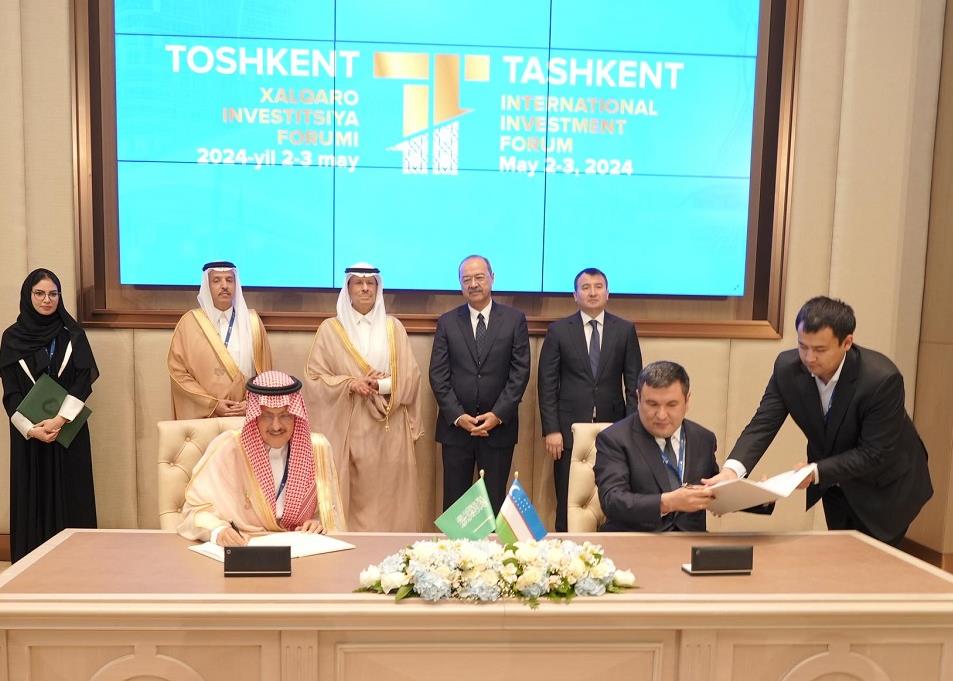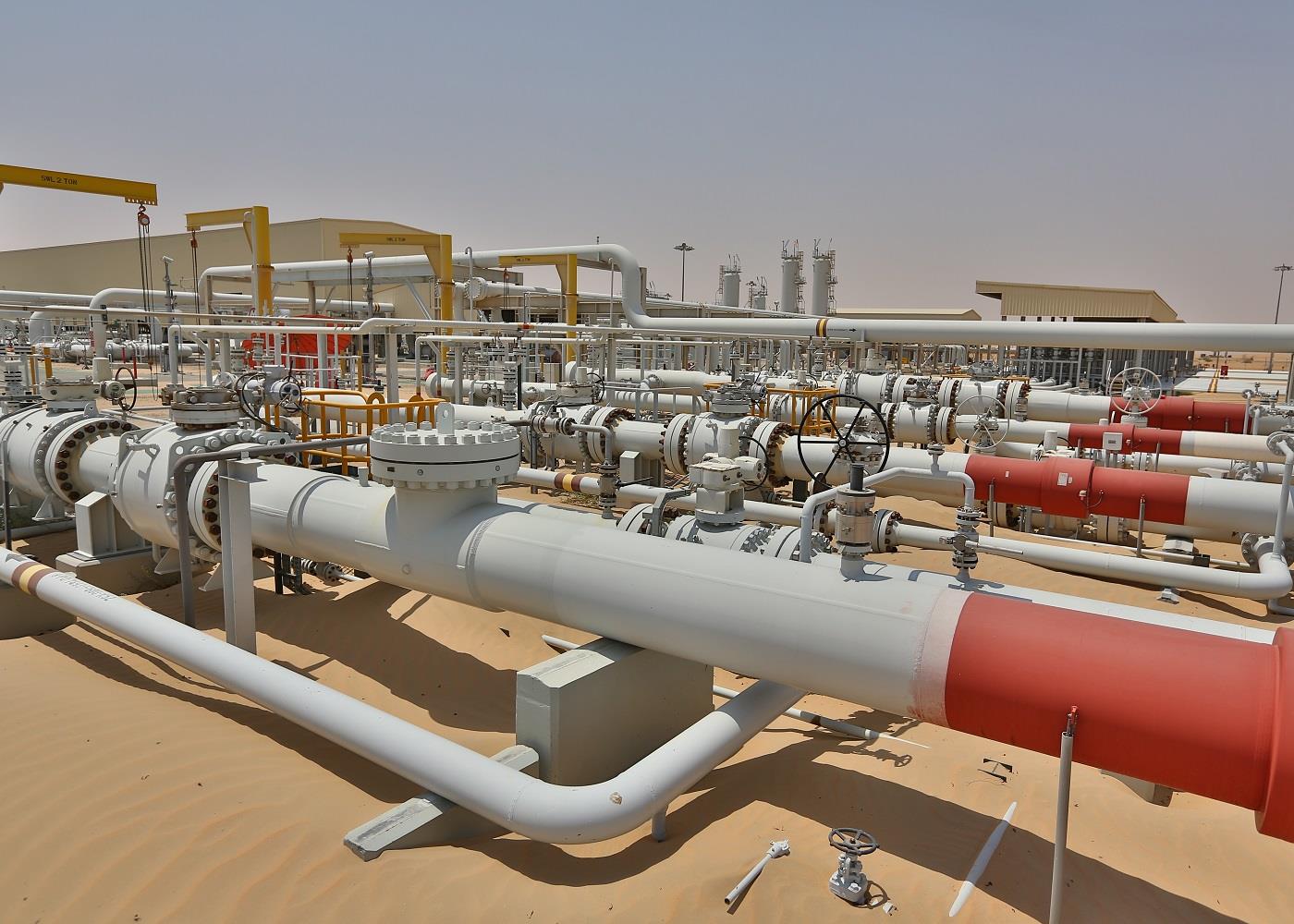
Capacity of 350,000-450,000-b/d is more likely for Sitra facilty
Bahrain Petroleum Company (Bapco) is expected to scale back its development and expansion plans for the Sitra refinery project in the kingdom.
The initial plans to push production up to 500,000-600,000 barrels a day (b/d) of crude oil are now considered as too ambitious and a decision will soon be made to aim for either 350,000-b/d or 450,000-b/d.
“The expansion plans are still being discussed and a decision has yet to be made in regards to the capacity the refinery,”says Essa al-Ansari, Bapco’s general manager for major engineering projects. “There needs to be a study carried that will look at every aspect of the project, including what is feasible onsite, as well as what is feasible financially.”
The current capacity is around 250,000-b/d and it is believed that an additional 100,000-b/d can be achieved without having to make too many changes to the current configuration at the facility. If 350,000-/b/d is agreed, then the budget will be significantly lower than the $2bn that has been mooted previously.
Al-Ansari, who was speaking at the MEED Petrochemicals 2011 conference held in Abu Dhabi, added the Sitra facility was always developing and looking to increase efficiency especially in environmental issues such as air quality and carbon emissions.
In March, MEED reported that Bapco had approached international banking firms looking for a financial adviser for the expansion and requested proposal submission (MEED 22:3:11).
“The financial aspect should not be a problem,” Al-Ansari said. “I am sure that the government will support the expansion and as long as the right deal is put on the table then it will be no problem.”
The Sitra refinery was the location for strikes by workers during the recent demonstrations in Bahrain and at one point in late March it was estimated the facility was only working at 10 per cent of its capacity (MEED 25:3:11).
“Yes, there was a shutdown but it was for maybe five days,” Al-Ansari said. “We took the opportunity to carry out essential maintenance so as a result did not lose too much time. The media said it was a strike, but the majority of our workers could not actually get to work.”
You might also like...

Neom seeks firms for the Vault at Trojena
06 May 2024

Acwa Power signs 5GW Uzbek deal
06 May 2024
A MEED Subscription...
Subscribe or upgrade your current MEED.com package to support your strategic planning with the MENA region’s best source of business information. Proceed to our online shop below to find out more about the features in each package.






